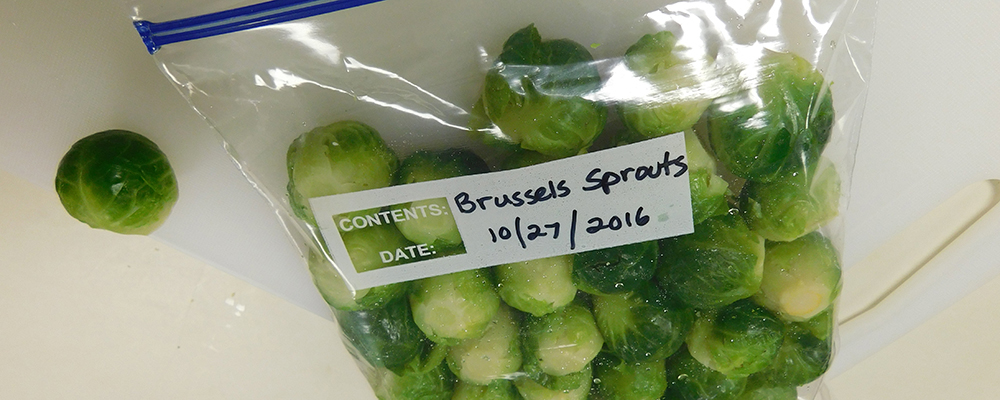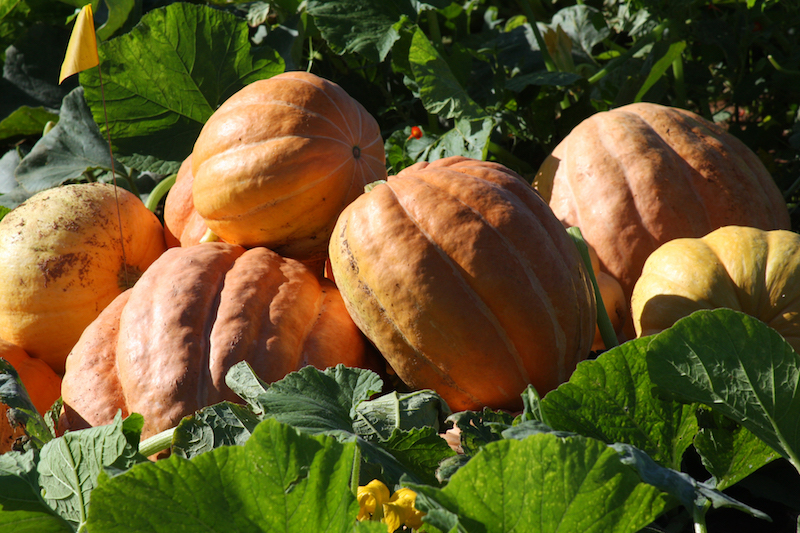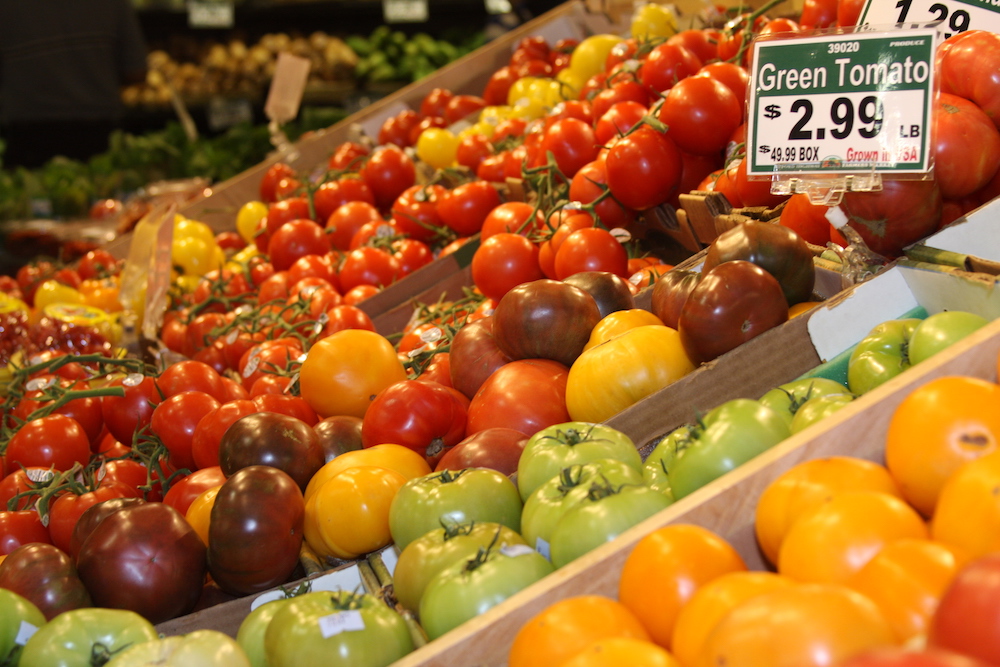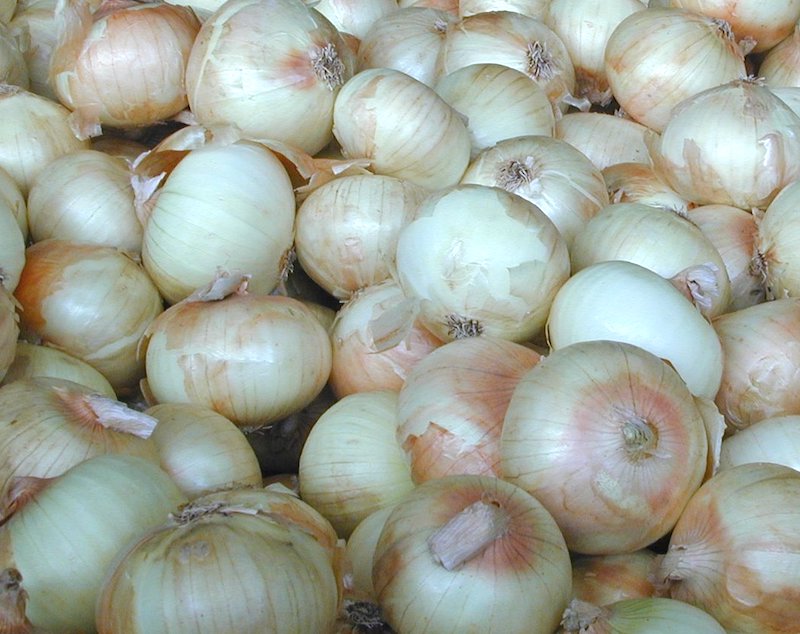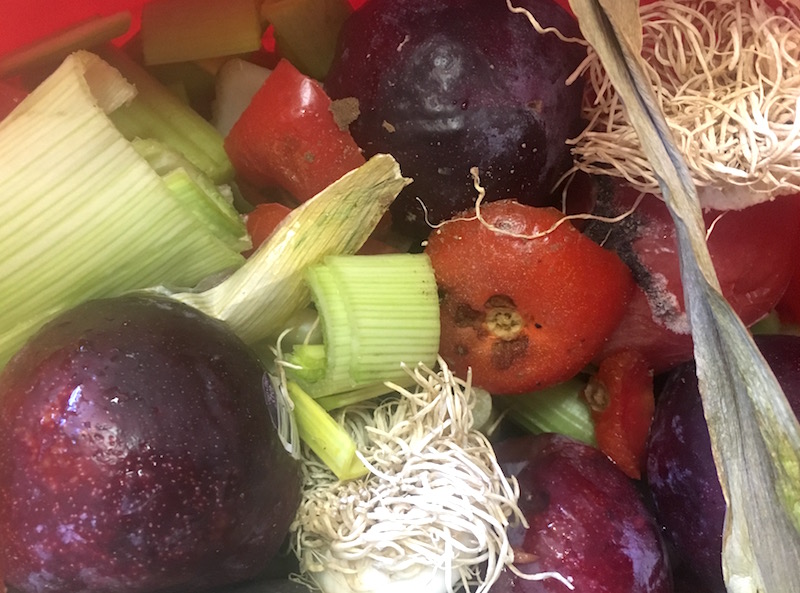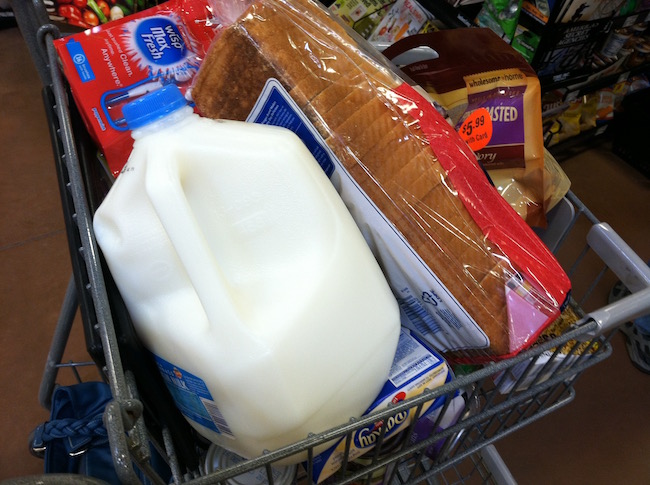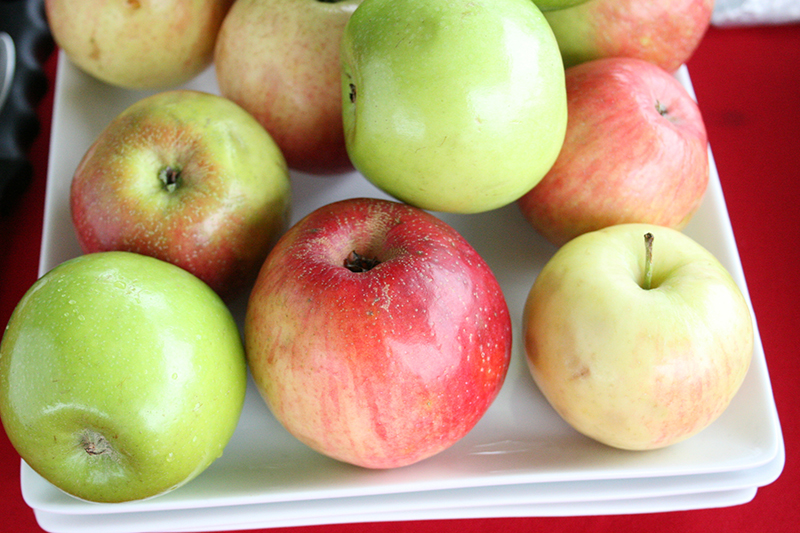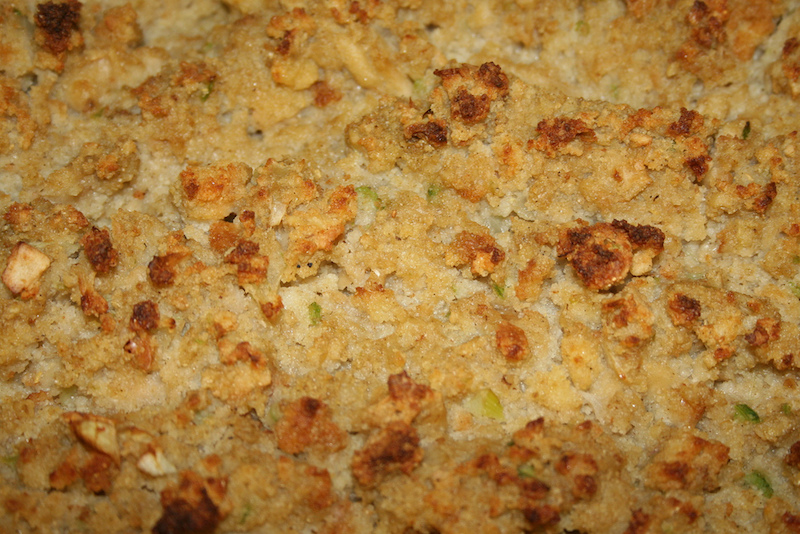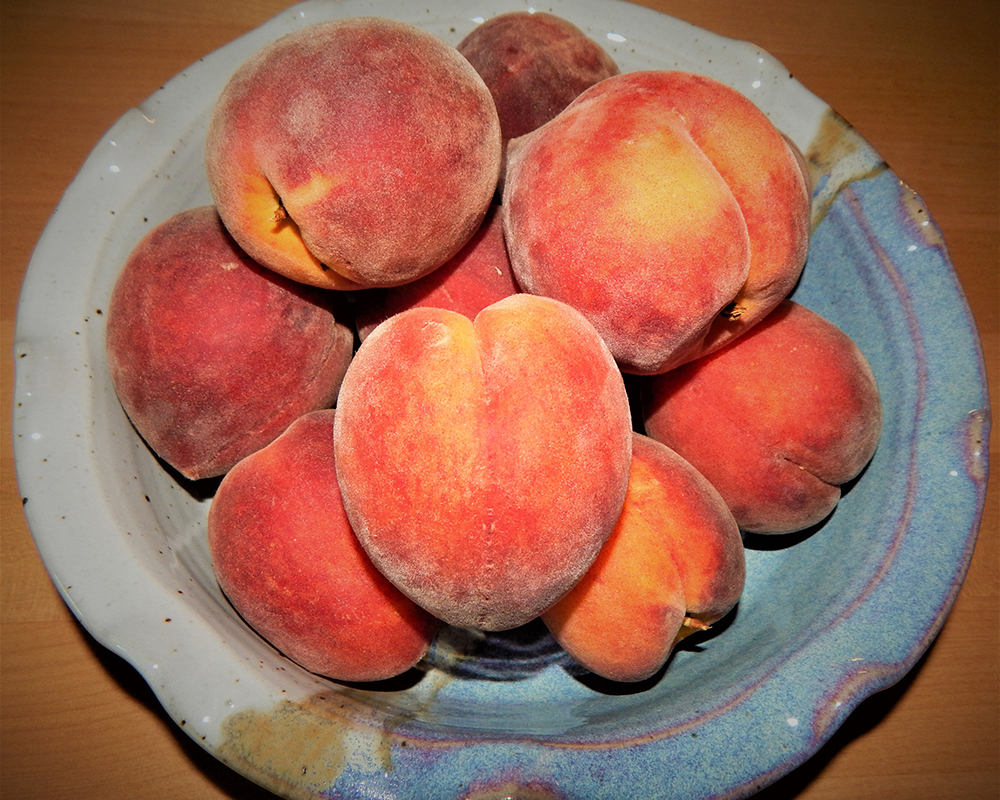 CAES News
CAES News
Tips for preserving peaches
The first Georgia peach crop of the year is arriving at roadside fruit stands, farm markets and grocery stores. Preserving peaches by canning, freezing or drying is the best way to extend the use of this popular fruit long after the harvest is over.

